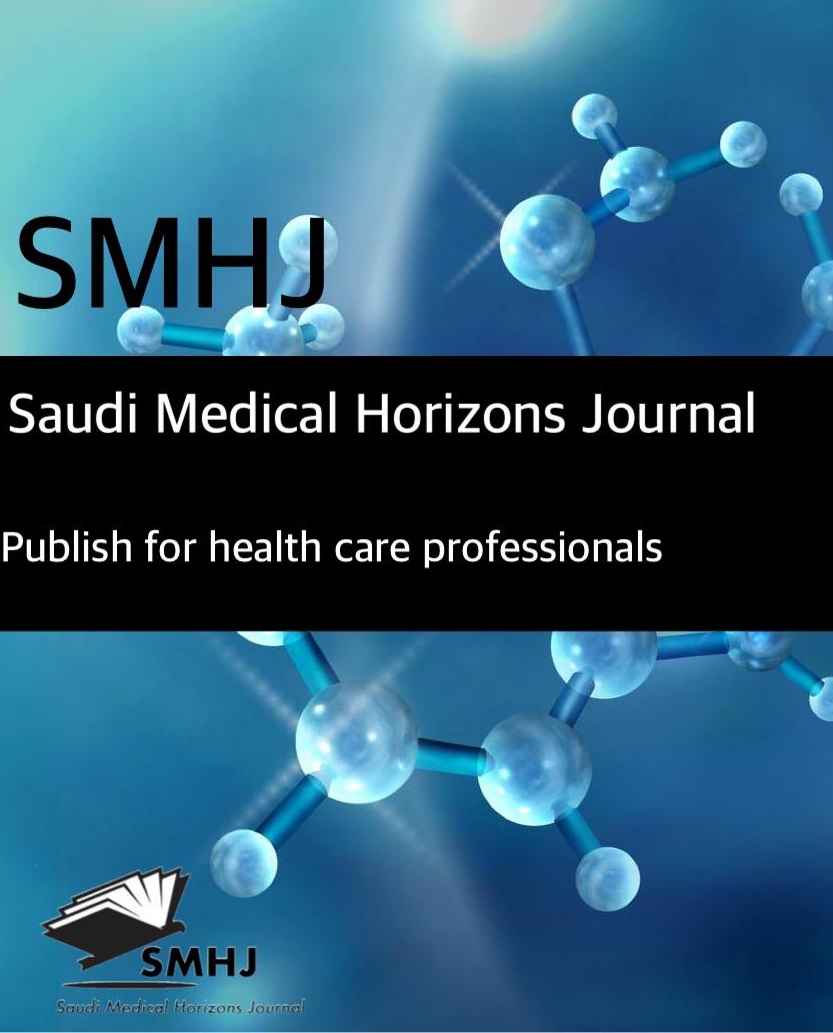Emergent Management of Malignant Hyperthermia: Review article
DOI:
https://doi.org/10.54293/smhj.v3i1.62Keywords:
Malignant Hyperthermia, emergency crisis, skeletal muscle cells, the homeostasis of myoplasmic calciumAbstract
Background: Malignant Hyperthermia (MH) is a highly uncommon and potentially serious medical condition. It presents as an emergency crisis and can occur as a reaction to some anesthetic drugs but it is curable. Malignant Hyperthermia (MH) is a genetic disorder affects the homeostasis of myoplasmic calcium in skeletal muscle cells. Malignant Hyperthermia reactions, which can be triggered by agents like succinylcholine and halogenated anesthetic gases, can be seen in individuals who are genetically susceptible to them.
Objective: In order to maximize therapy and reduce patient morbidity and mortality, this review concentrated on the identification and treatment issues of MH in the emergency room.
Material and methods: PubMed, Google scholar and Science direct were searched using the following keywords: Malignant hyperthermia, Emergency crisis and Management. The authors also screened references from the relevant literature, including all the identified studies and reviews, only the most recent or complete study was included between 1984 and 2020. Documents in a language apart from English have been excluded as sources for interpretation. Papers apart from main scientific studies had been excluded (documents unavailable as total written text, conversation, conference abstract papers and dissertations).
Conclusion: Malignant hyperthermia is an uncommon but serious emergency. Over the past few years, the chance of dying from MH has grown. An experienced anesthesiologist who is careful and attentive can spot the warning indications of an approaching MH reaction and administer treatment right away to prevent the dangerous condition's consequences. The early identification and treatment are essential for the effective management. The onset may occur minutes after induction or it may be sneaky. Early Malignant Hyperthermia (MH) symptoms are frequently non-specific, which can make a diagnosis exceedingly challenging.
Downloads
Published
How to Cite
Issue
Section
License
Copyright (c) 2022 Saudi Medical Horizons Journal

This work is licensed under a Creative Commons Attribution 4.0 International License.



